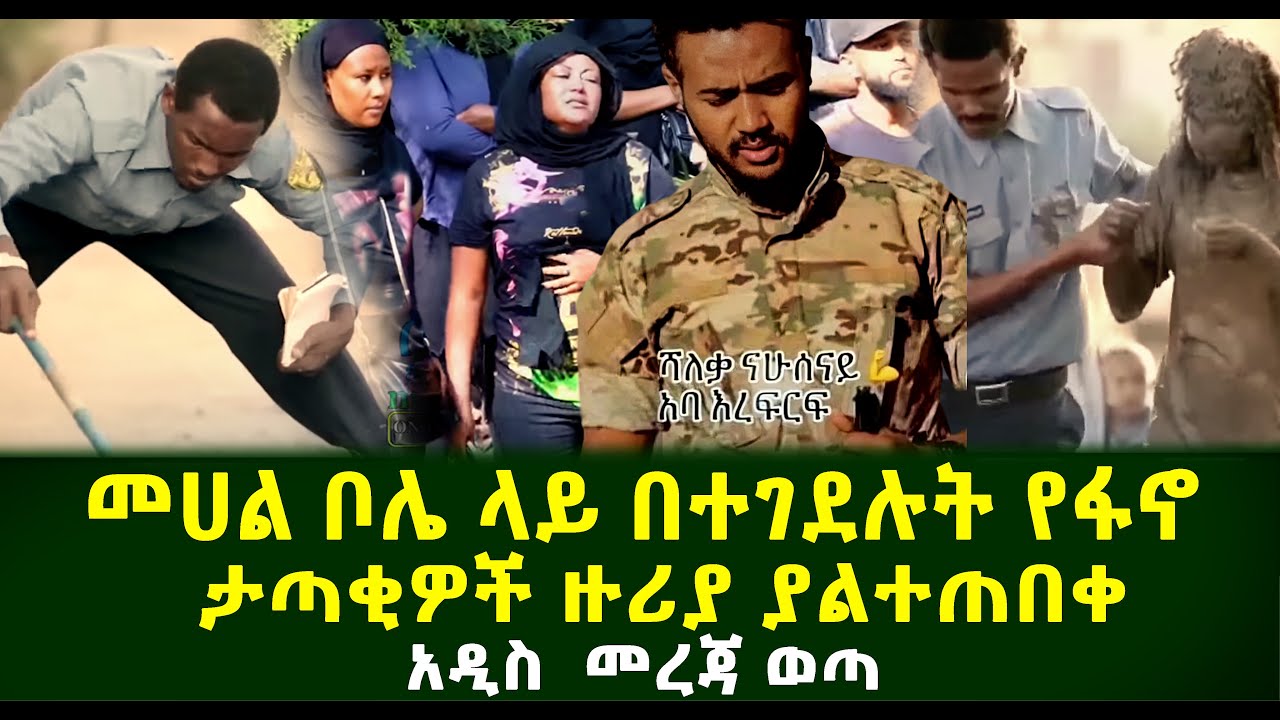
Samir Bhattacharya
In November 2020, when war broke out between the Ethiopian government and the Tigrayan People's Liberation Front (TPLF), a rebel group from Ethiopia's northern Tigray region, it was expected to be a swift operation. Indeed, Ethiopian government forces, helped by neighbouring Eritrean troops, captured the whole Tigray region, including the rebel capital Mekelle within a month. However, looking back, it was just the beginning of a long metastasising war as Ethiopia continues to be at war with itself, and the situation is deteriorating every passing day.
As the battle between the two sides continued, in October 2021, as per different UN reports, the war left more than 400,000 people in the Tigray region starving, and many children died of malnutrition. Government forces have also been accused of blocking aid from reaching the Tigray region. There have also been reports of ethnic cleansing against the TPLF supporters in the Western Tigray region.
The reasons behind the war
Located in the Horn of Africa, Ethiopia is a multi-ethnic country in Africa, consisting of more than 90 ethnic groups and 80 languages. The two major ethnic groups are the Oromo and the Amhara, which comprise 60 per cent of the population. Tigrayans are the third largest and constitute seven per cent. TPLF was born in the mid-seventies to fight for the right of the Tigrayan people. Conceptualised as a small militia group working toward the betterment of Tigrayans, the TPLF became the most powerful rebel group and toppled the Marxist Military dictatorship of Mengistu Haile Mariam in 1991. Thereupon, the rebel groups ruled the country in the coalition, with the TPLF as the leading party. During the three decades of TPLF rule, Ethiopia saw decent economic growth and emerged as a stable country in the volatile, violence-prone Horn of Africa region.
In 2018, public protests against the TPLF-led coalition government brought the present Prime Minister Abiy Ahmed to power. Though a former member of the TPLF coalition government, from the moment Abiy came to power, he started alienating the TPLF members in the government by stripping off the power and authorities of Tigrayans.
Eventually, in 2019 Abiy formed a new party called the Prosperity Party, which had all the previous rebel allies except the TPLF. He also tried to end the potentially divisive old arrangement where each province enjoyed constitutionally granted autonomy in a decentralised political system and had the right to secede. While Abiy's apparent motive behind altering the Constitution was national unity and integrity, his attempt to consolidate power irked the TPLF.
All hell broke loose in early 2020 when due to the covid pandemic, the government decided to postpone the general election till June 2021. TPLF rejected this move as unconstitutional and, despite the continuing pandemic, decided to hold a separate election in the Tigray region in September 2020. Predictably, TPLF won the election with a landslide. However, the central government refused to recognise the result.
As a protest against the actions of Abiy, in November 2020, TPLF attacked and took over one federal military base, resulting in several deaths, injuries and property damage. This was immediately followed by Abiy's call for war. Later, in January 2021, he decided to remove the legal party status of TPLF, and in May, he labelled the group as a terrorist organisation. The national election in the rest of Ethiopia finally took place in July 2021, when Abiy returned to power with an overwhelming majority. And now, given their fates in two separate elections, both sides consider themselves legitimate rulers of the Ethiopian people.
In the past, considerable international efforts toward a peace talk between the parties failed to produce any result. Neither of the sides showed any remote interest in discussions. For Abiy Ahmed, peace talks would have meant his negotiated exit towards a peaceful transition, which he didn't want to accept.
***
https://zehabesha.com/civil-war-in-ethiopia-africas-second-most-populous-country-go-yugoslavias-way/

No comments:
Post a Comment